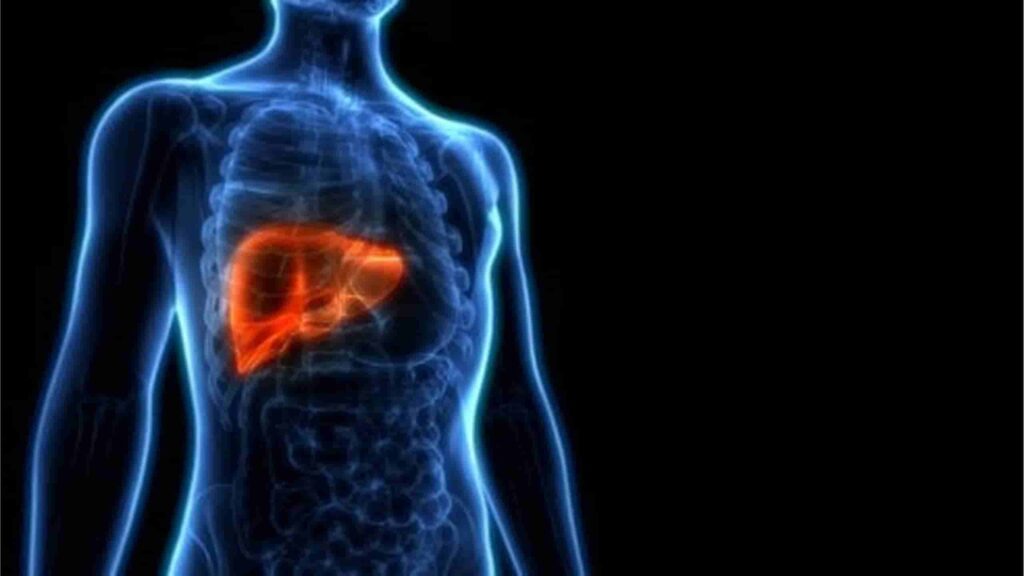Unraveling the Therapeutic Potential of Medical Cannabis in the Landscape of Liver Disease: A Comprehensive Exploration
Liver disease stands as a formidable health challenge worldwide, affecting millions with conditions ranging from fatty liver disease to cirrhosis and hepatitis. In the quest for innovative therapeutic approaches, recent research has cast a spotlight on medical cannabis. This extensive article delves into the intricate relationship between medical cannabis and liver health, exploring potential benefits, risks, and the nuanced impact of liver disease on cannabis metabolism.
Understanding Liver Disease:
The liver, an indispensable organ for detoxification, nutrient metabolism, and protein synthesis, is vulnerable to a spectrum of conditions, including alcohol-related damage, viral infections, obesity, and autoimmune disorders. Chronic inflammation and oxidative stress, often accompanying liver diseases, lead to tissue damage and compromised liver function.
The Endocannabinoid System (ECS) and Liver Health:
The endocannabinoid system (ECS), a complex signaling network, plays a pivotal role in regulating various physiological processes. Recent discoveries suggest the presence of the ECS in the liver, implying a potential interplay between cannabinoids and liver function.
Cannabinoids and Liver Disease:
Cannabinoids, the chemical compounds found in cannabis, particularly delta-9-tetrahydrocannabinol (THC) and cannabidiol (CBD), have exhibited promise in preclinical studies due to their anti-inflammatory, antioxidant, and immunomodulatory properties.
- Anti-Inflammatory Properties: Cannabinoids, notably CBD, exhibit anti-inflammatory effects, modulating immune responses and potentially slowing the progression of liver disease by reducing inflammation.
- Antioxidant Effects: The antioxidant properties of cannabinoids may counter oxidative stress, safeguarding liver cells from damage caused by harmful free radicals.
- Metabolic Regulation and Liver Disease: Liver diseases, including non-alcoholic fatty liver disease (NAFLD), are intricately linked to metabolic irregularities. Recent studies suggest that cannabinoids may impact lipid metabolism, offering a potential avenue for addressing metabolic aspects of liver conditions.
Impact of Liver Disease on Cannabis Metabolism:
Liver disease can significantly influence the metabolism of drugs, including cannabinoids. The liver plays a pivotal role in metabolizing compounds, and alterations in liver function can influence the breakdown of cannabis components. Individuals with liver disease may experience variations in the pharmacokinetics of cannabinoids, potentially impacting their therapeutic effects and side effects.
Clinical Studies and Evidence:
While early research and small-scale clinical trials show promise, rigorous studies are essential to establish the safety and efficacy of medical cannabis in managing liver disease, taking into account the potential impact of liver disease on cannabis metabolism.
Risks and Considerations:
Acknowledging potential risks is crucial. THC, the psychoactive element in cannabis, may have side effects, including cognitive impairment and addiction. Moreover, the impact of long-term cannabis use on liver health remains incompletely understood.
Exploring the Nuances: Cannabis Metabolism and Liver Disease:
In-depth exploration is necessary to understand how liver disease influences the metabolism of cannabis. The liver, as the primary site for drug metabolism, undergoes significant changes in individuals with liver diseases. Enzymes responsible for metabolizing drugs may be affected, potentially altering the breakdown and elimination of cannabinoids.
1. Enzymatic Changes: Liver diseases can lead to alterations in the activity of enzymes involved in drug metabolism. Cytochrome P450 enzymes, crucial for metabolizing cannabinoids, may be affected, potentially influencing the bioavailability and duration of action of medical cannabis.
2. Pharmacokinetic Variability: Variability in pharmacokinetics, the study of how the body processes drugs, may be pronounced in individuals with liver disease. Factors such as hepatic blood flow, protein binding, and drug clearance can be affected, leading to unpredictable responses to medical cannabis.
3. Therapeutic Monitoring: Given the potential variability, therapeutic monitoring becomes paramount in individuals with both liver disease and medical cannabis prescriptions. Regular assessments of liver function and cannabinoid levels may be necessary to optimize therapeutic outcomes while minimizing potential risks.
Strategies for Mitigating Risks:
Understanding the interplay between medical cannabis and liver disease prompts the need for careful consideration and proactive risk management.
1. Individualized Treatment Plans: Recognizing the heterogeneity of liver diseases and patient responses, tailoring medical cannabis treatment plans to individual needs becomes imperative. Healthcare providers should consider factors such as the type and severity of liver disease, overall health, and potential drug interactions.
2. Close Monitoring and Surveillance: Regular monitoring of liver function, cannabinoid levels, and potential side effects is crucial for individuals using medical cannabis to manage liver conditions. This close surveillance allows healthcare providers to adjust treatment plans promptly and minimize adverse outcomes.
3. Integration with Conventional Therapies: Medical cannabis should be viewed as a complementary approach, integrated thoughtfully with conventional treatments for liver disease. Collaborative efforts between patients, healthcare providers, and researchers can help explore synergies between medical cannabis and existing therapeutic modalities.
Conclusion:
The intersection of medical cannabis and liver disease is a complex and evolving landscape. Preliminary findings suggest promising avenues for mitigating inflammation, oxidative stress, and metabolic dysregulation. As research advances, it is crucial to approach medical cannabis as a complementary therapeutic option under the guidance of healthcare professionals. Recognizing the intricate relationship between cannabis metabolism and liver disease underscores the need for individualized treatment plans, close monitoring, and continued scientific inquiry. The comprehensive understanding that emerges from ongoing research will guide the nuanced integration of medical cannabis into the holistic management of diverse liver conditions, offering hope for improved patient outcomes.

Dr. Nicholas Marsh has been a respected board-certified anesthesiologist in Northern Virginia for over 35 years. Recognized as a top doctor by FindaTopDoc.com, his vision for providing top-quality medical services is driven by his passion for patient comfort and dignity.

